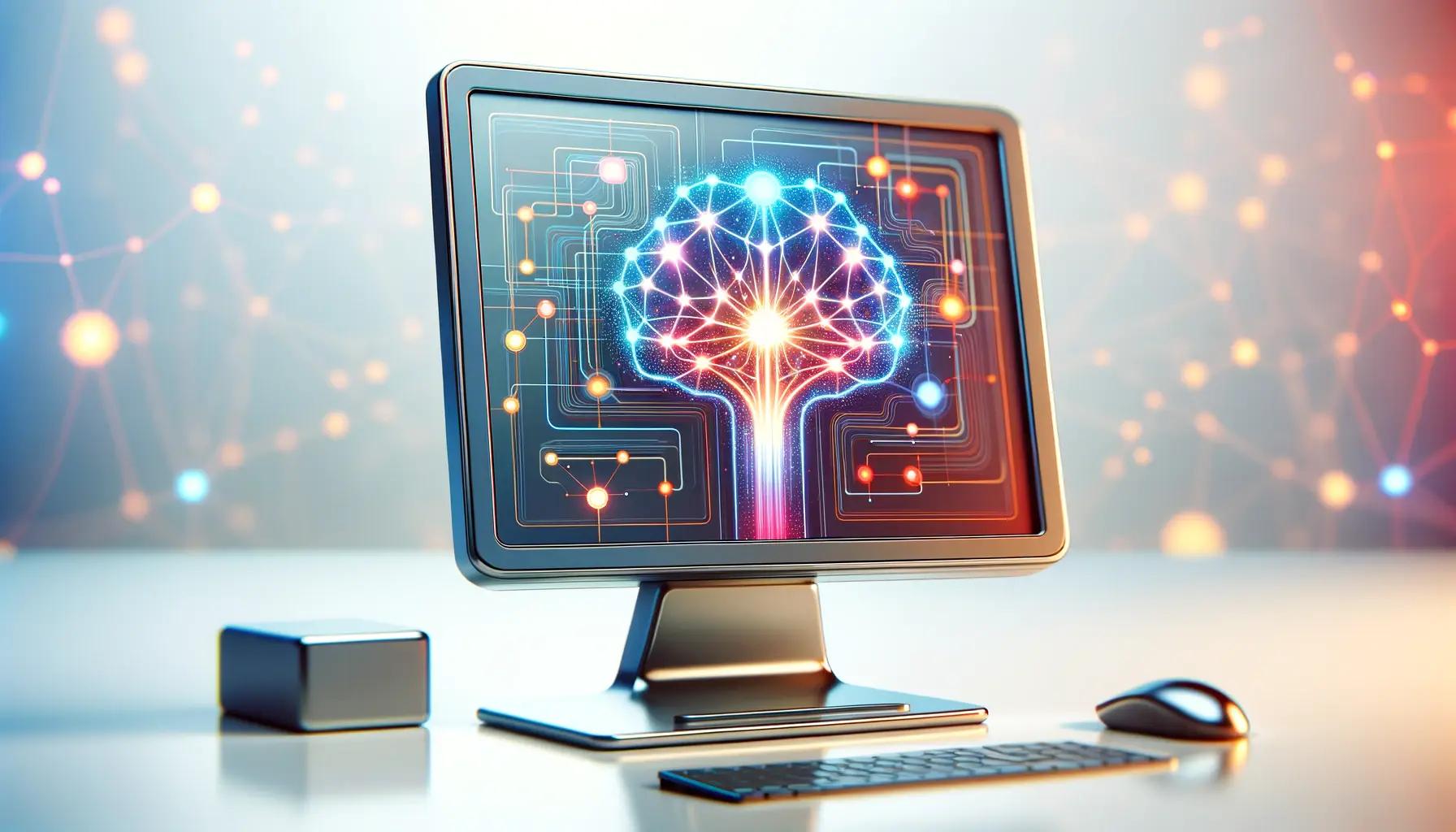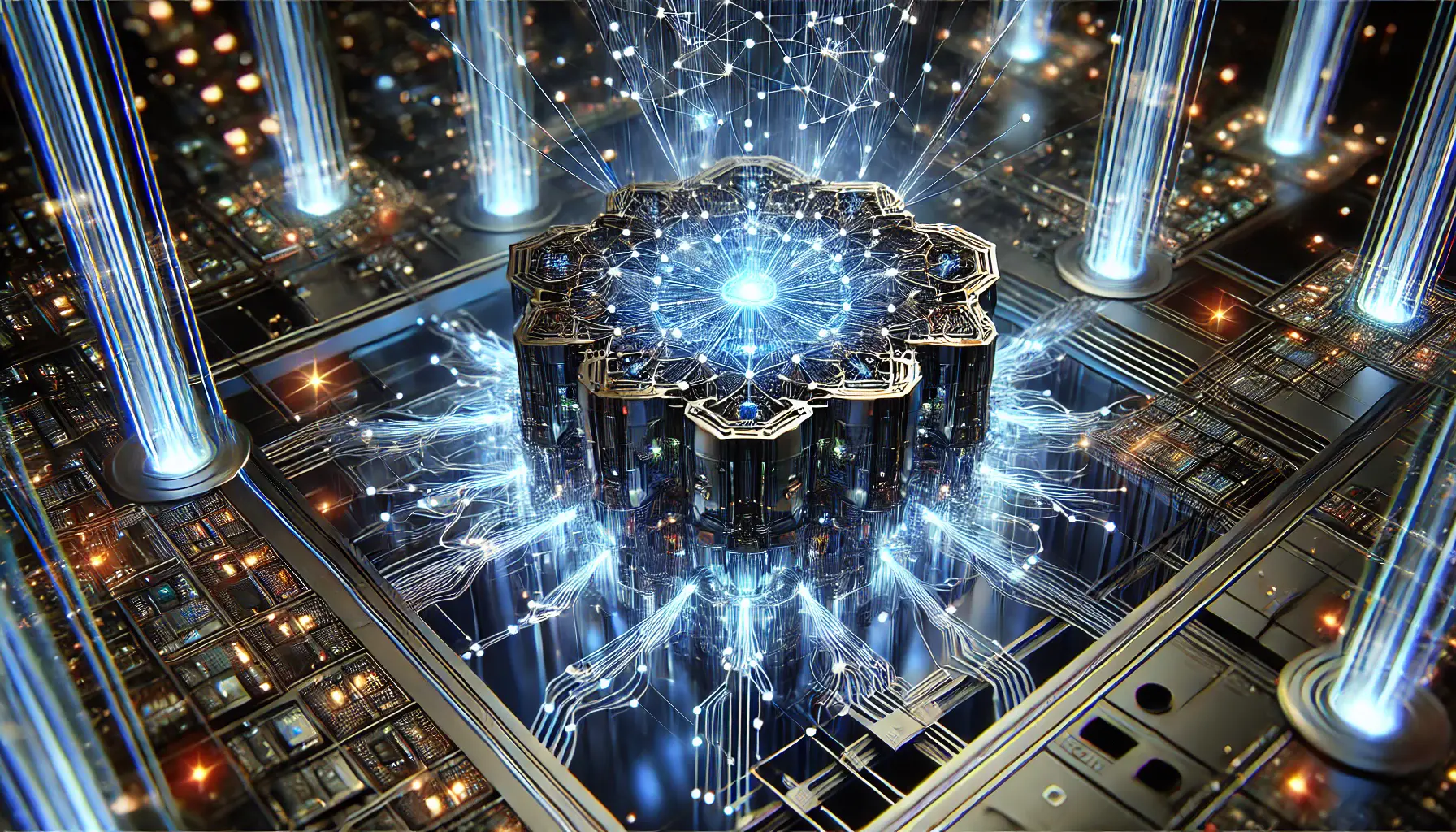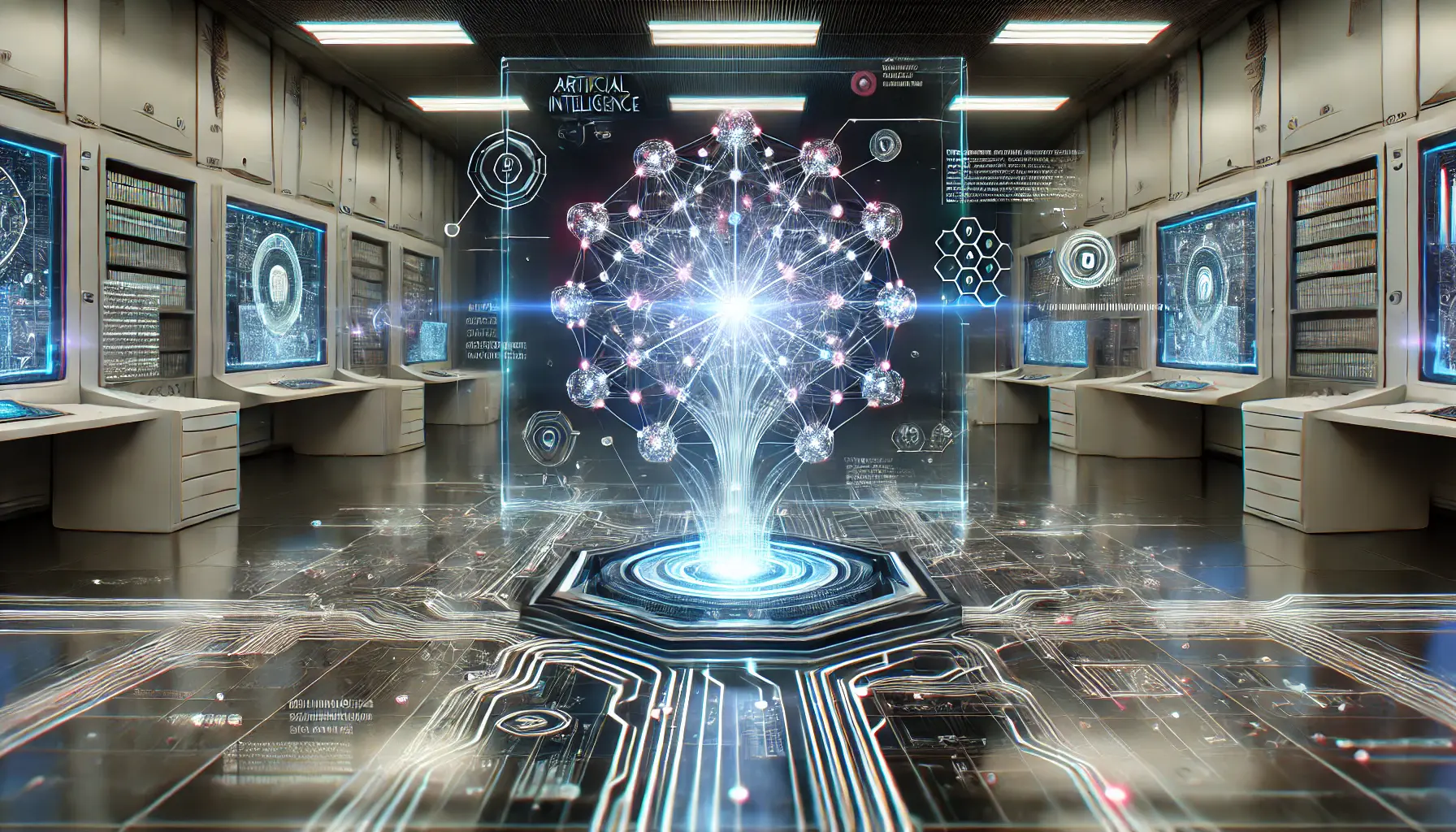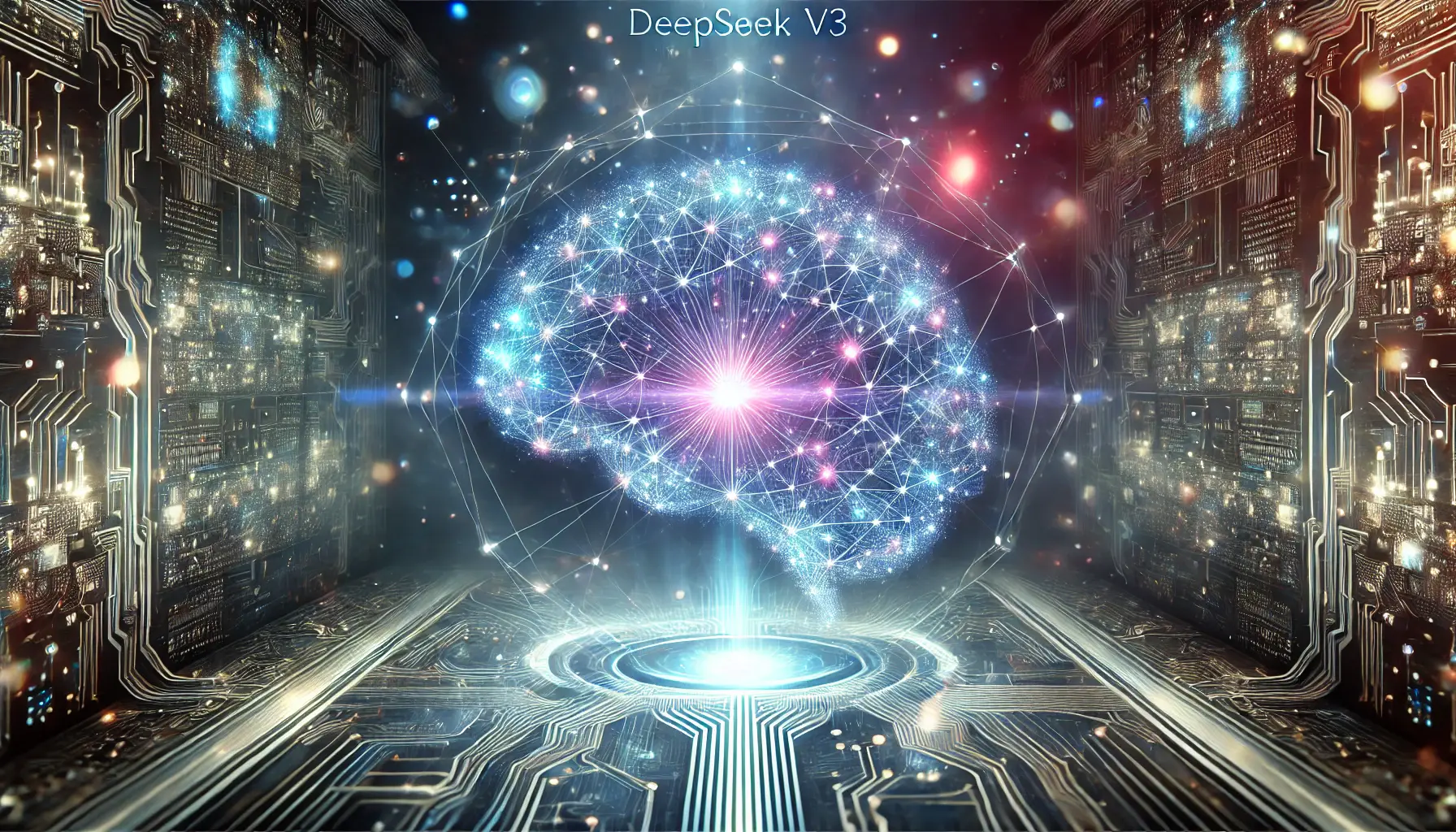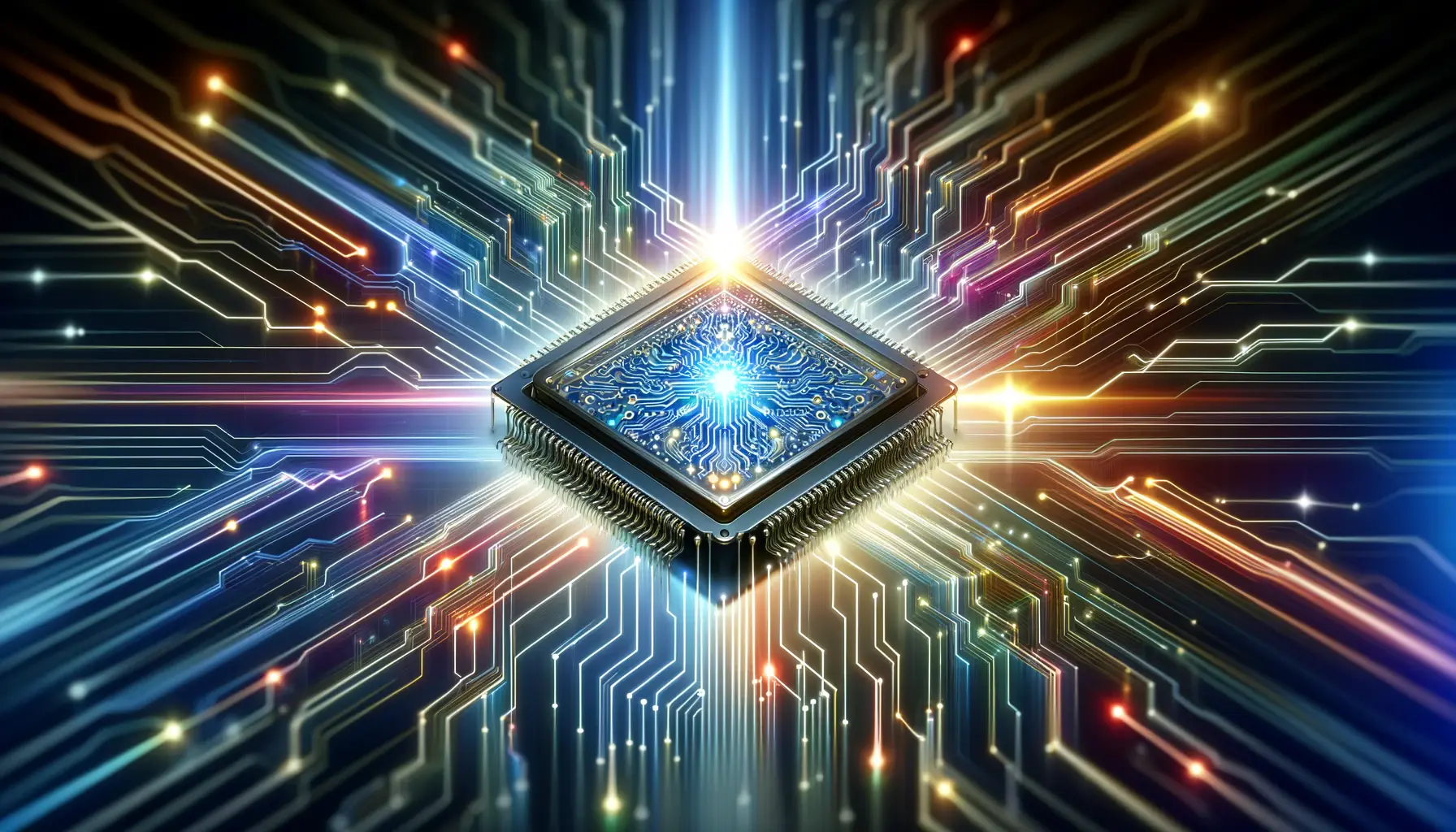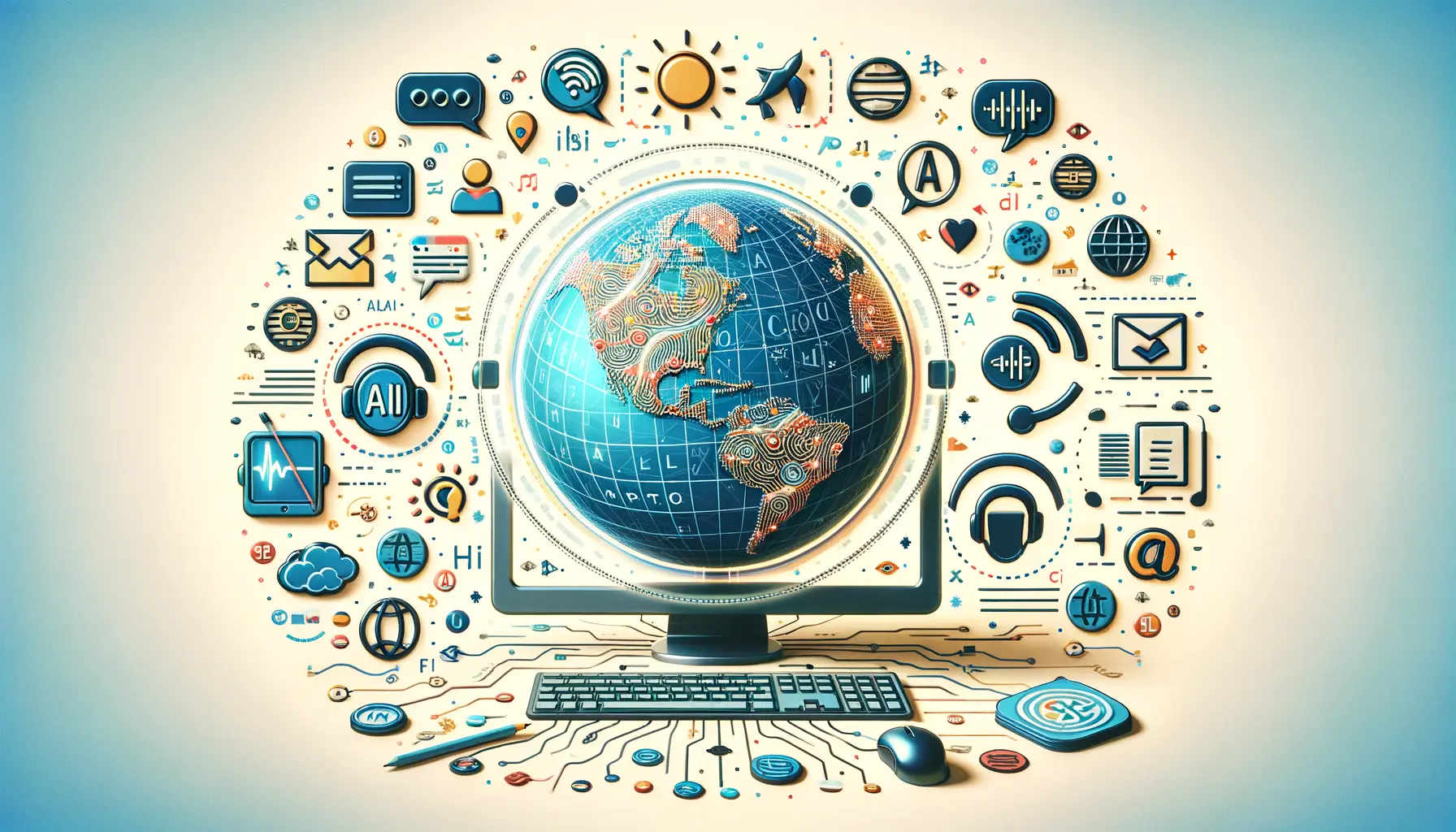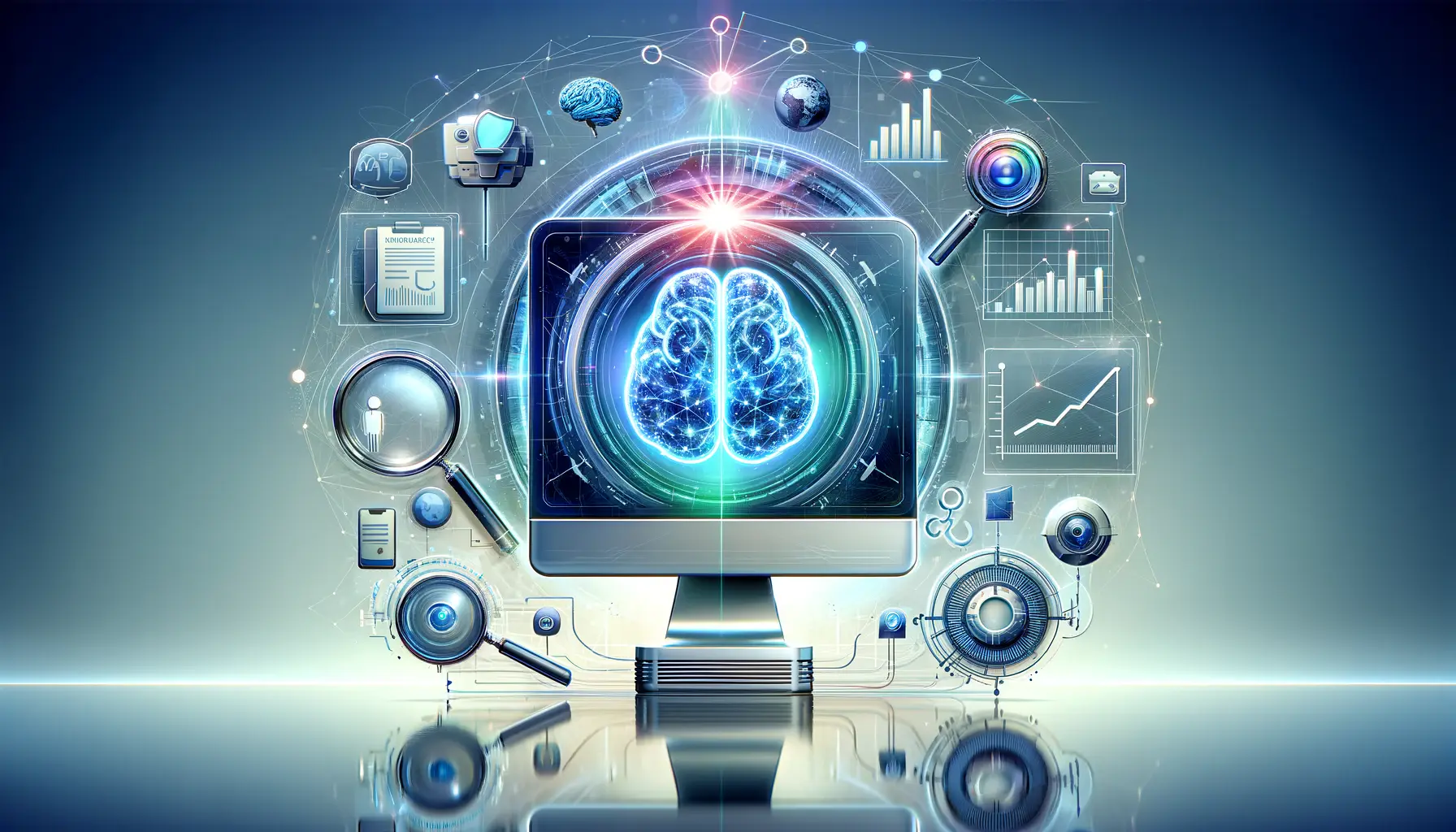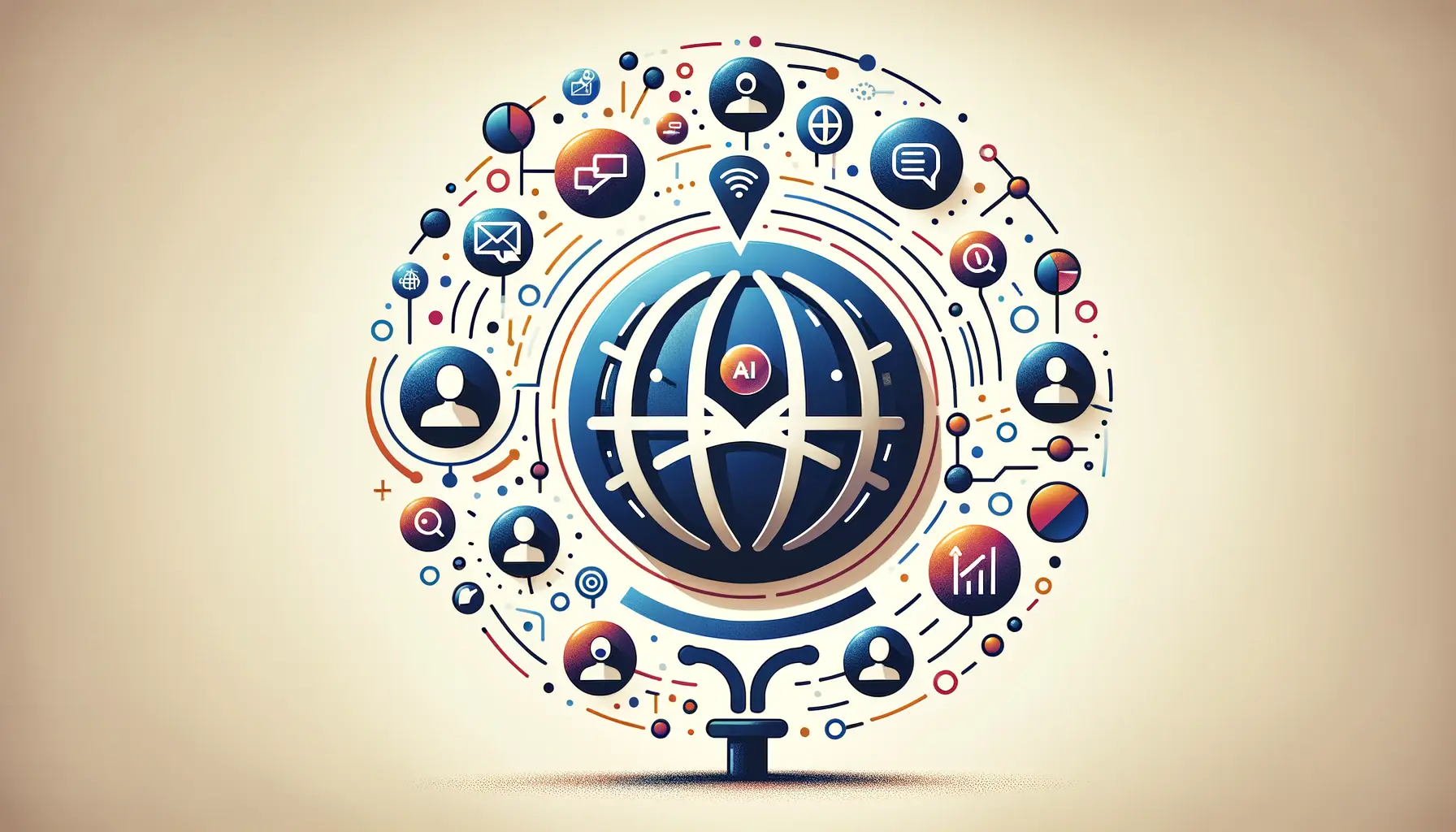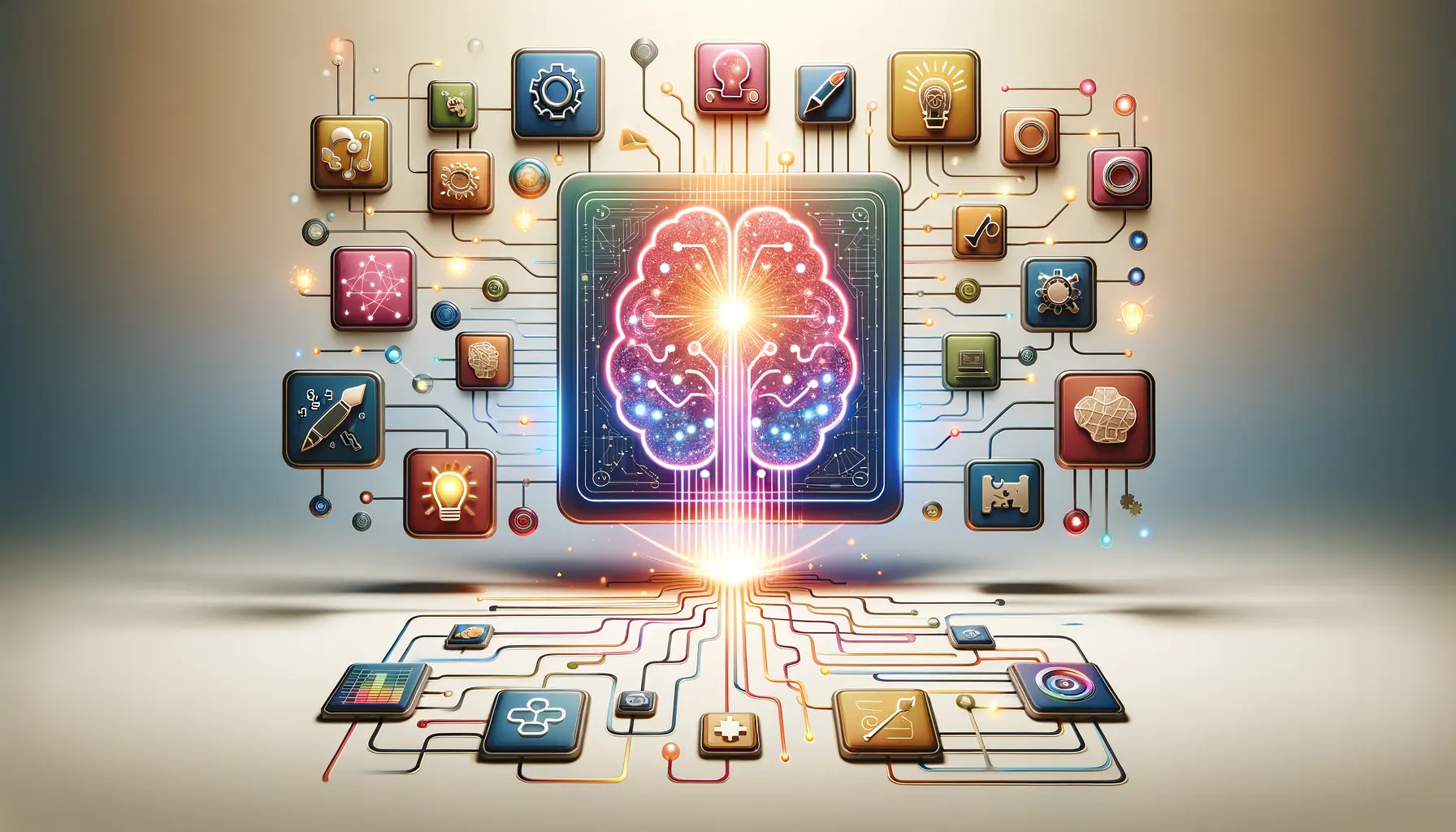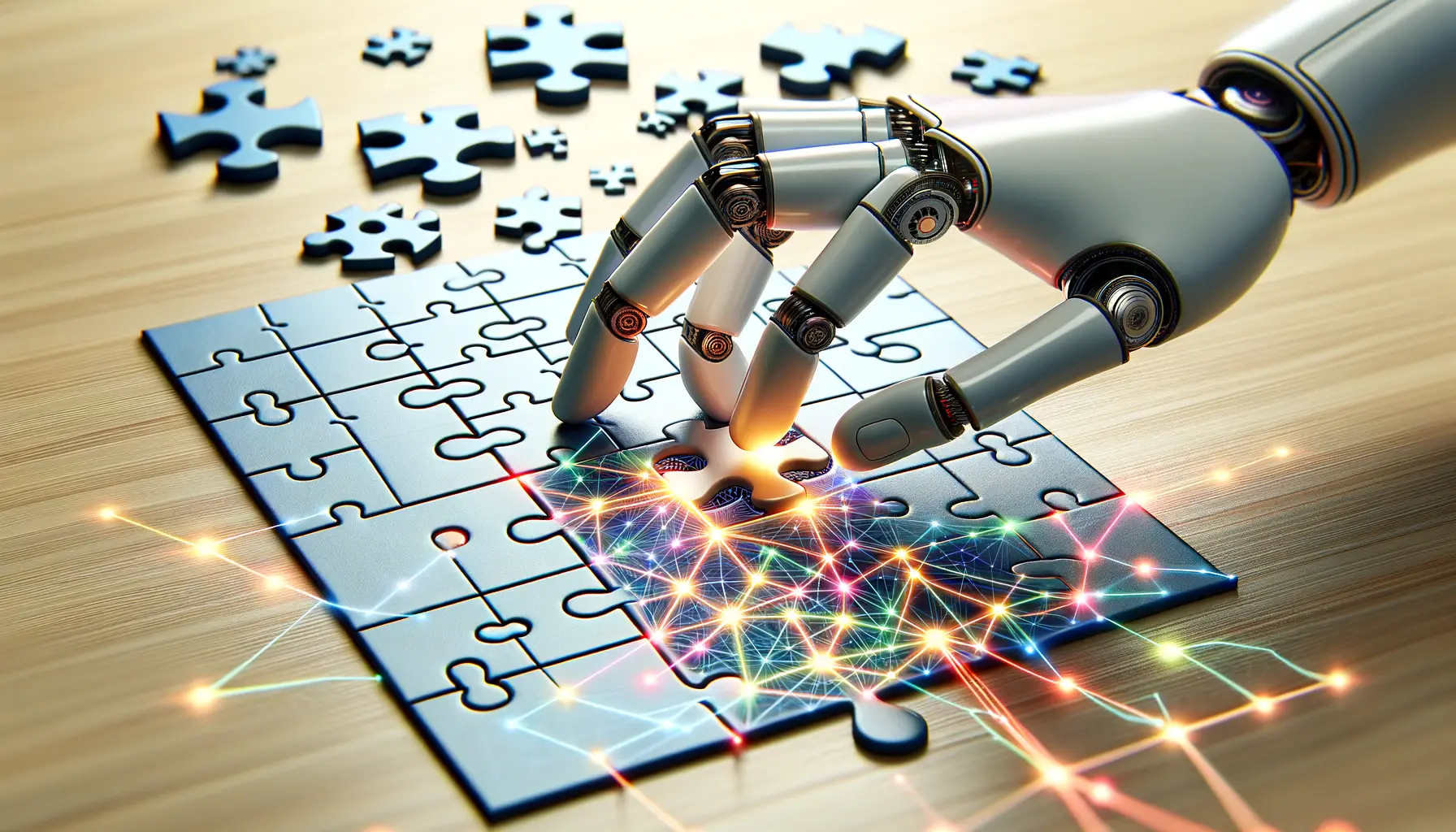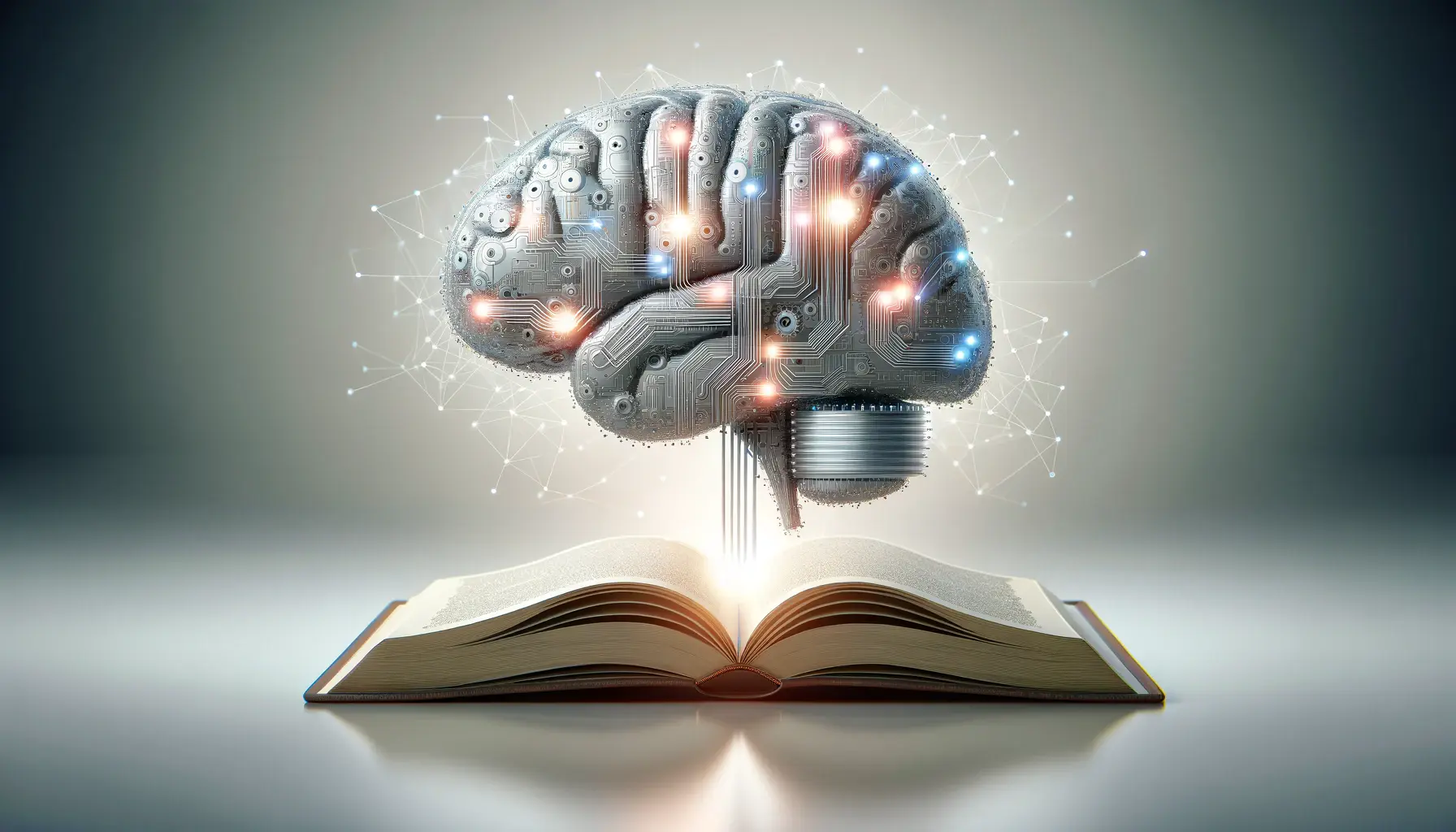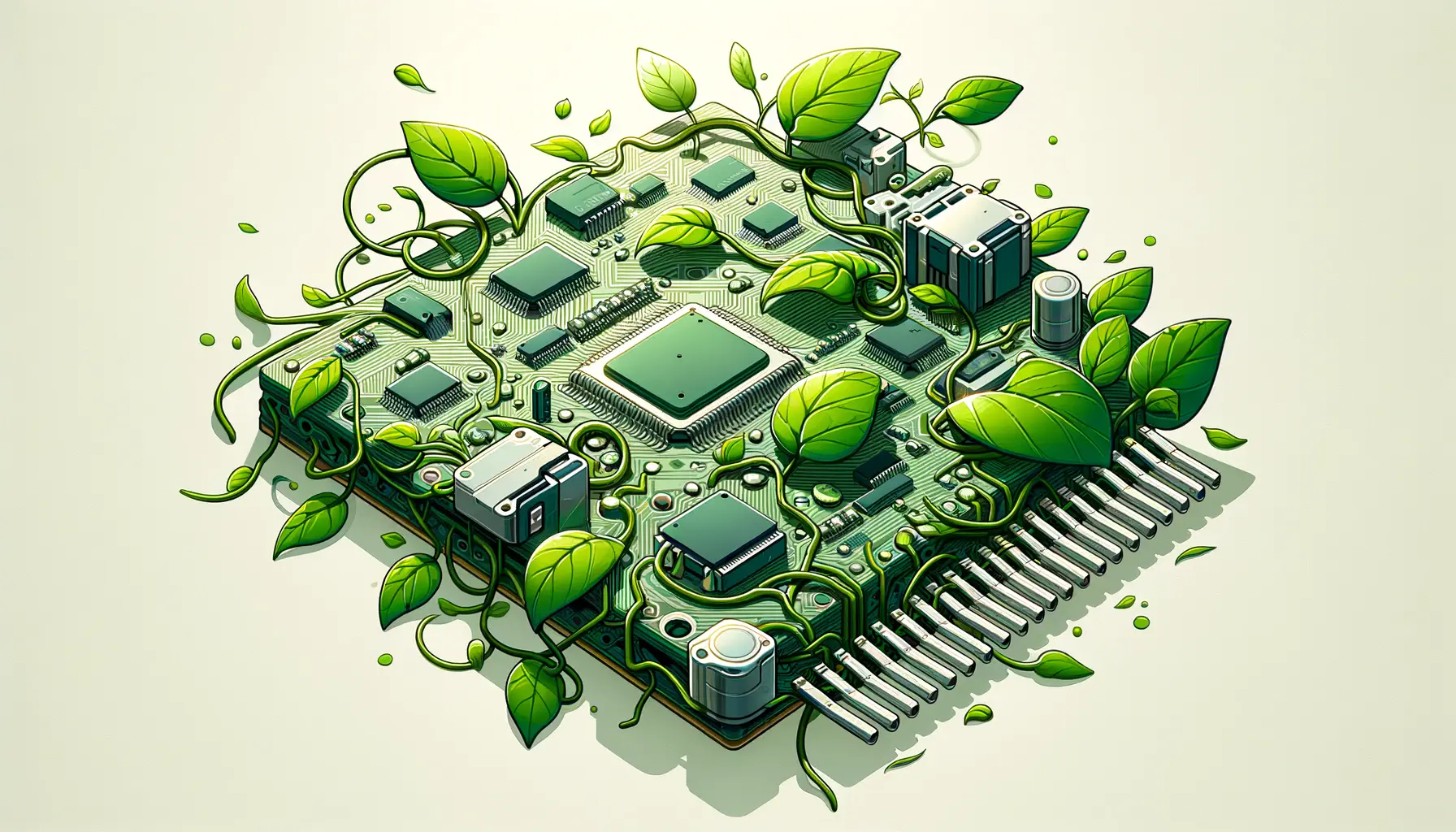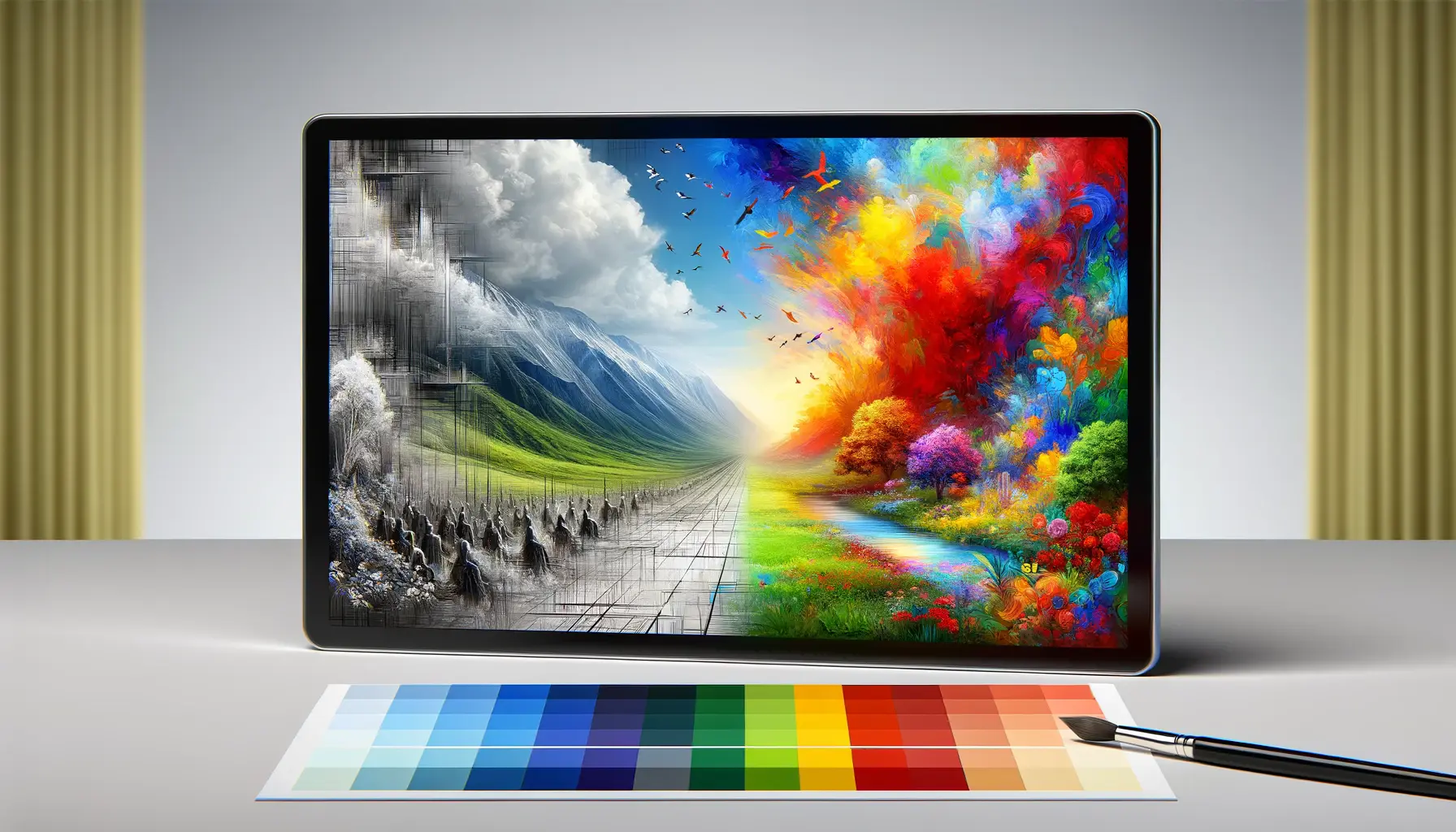The realm of artificial intelligence (AI) is evolving at an unprecedented pace, with innovations and advancements that continually redefine the boundaries of technology, society, and even our understanding of human intelligence.
At the forefront of this transformative wave is Claude, a cutting-edge AI developed by Anthropic.
This AI system represents not just a leap forward in machine learning capabilities but also a new chapter in the symbiotic relationship between humans and technology.
Claude’s emergence into the AI landscape is marked by its unique approach to understanding and generating human-like text, making it a pivotal figure in the ongoing dialogue about the future of AI.
As we delve into the capabilities, implications, and potential of Claude, it becomes clear that this technology is not merely an incremental improvement but a significant milestone in the quest for truly intelligent systems.
- Introduction to Claude AI
- Exploring the Ethical Landscape of AI with Claude
- The Technical Brilliance Behind Claude AI
- Real-World Applications of Claude AI
- Challenges and Limitations of Claude AI
- Future Directions and Potential of Claude AI
- Enhancing Human-AI Collaboration with Claude
- Embracing the Future with Claude AI
- FAQs: Navigating the Future of AI with Claude
Introduction to Claude AI
Claude AI, developed by Anthropic, stands as a testament to the rapid advancements in the field of artificial intelligence.
This conversational AI has been designed to interact with users in a manner that is not only responsive but also intuitive, mirroring the complexity and subtlety of human communication.
The development of Claude represents a significant step forward in creating AI systems that can understand and engage with the nuances of human language and thought.
Unlike its predecessors, Claude is built on a foundation of safety and ethical AI use, aiming to mitigate the risks associated with powerful AI systems.
This focus on safety is a response to the growing concerns about AI’s potential impact on society, including issues of privacy, misinformation, and the automation of jobs.
By prioritizing these concerns, Claude AI is positioned as a forward-thinking solution that seeks to harness the benefits of AI while addressing its challenges.
Capabilities of Claude AI
At its core, Claude AI excels in natural language processing and generation, enabling it to perform a wide range of tasks from simple question-answering to complex problem-solving.
Its ability to understand context and generate coherent, relevant responses makes it an invaluable tool for businesses, educators, and consumers alike.
Whether it’s providing customer support, tutoring students, or assisting with research, Claude’s versatility showcases the potential of AI to augment human capabilities.
Moreover, Claude’s design incorporates the latest in AI safety research, including techniques to ensure that its responses are not only accurate but also ethically aligned with human values.
This includes filters to prevent the generation of harmful content and mechanisms for users to provide feedback on its outputs, ensuring that Claude continues to learn and improve in a direction that is beneficial to all.
Claude AI represents a harmonious blend of advanced technology and ethical considerations, setting a new standard for the development of conversational AI systems.
Exploring the Ethical Landscape of AI with Claude
The integration of AI technologies like Claude into various sectors has sparked a significant discourse on ethics in the digital age.
As AI systems become more autonomous and integrated into daily life, the ethical implications of their use become a paramount concern.
Claude AI, with its advanced conversational abilities, sits at the heart of this ethical quandary, challenging developers and users alike to consider the moral implications of AI.
One of the primary ethical considerations is the potential for AI to perpetuate or even exacerbate existing biases.
AI systems learn from vast datasets that, if not carefully curated, can contain biased information.
Claude AI addresses this issue head-on by implementing advanced algorithms designed to identify and mitigate bias, ensuring that its interactions are as fair and unbiased as possible.
Privacy and Security in AI Interactions
Privacy and security are at the forefront of ethical AI development.
With Claude’s ability to process and generate human-like text, the potential for misuse of personal information is a concern that cannot be overlooked.
Anthropic has taken significant steps to safeguard user data, employing state-of-the-art encryption and strict data handling policies to protect user privacy.
These measures are crucial in maintaining trust between AI systems and their users.
Furthermore, the security of AI interactions extends beyond data protection to include the prevention of malicious use.
Claude AI incorporates security protocols designed to prevent its use in creating or spreading misinformation, ensuring that the AI remains a tool for positive impact.
Impact on Employment and Society
- Job Displacement: The advancement of AI technologies like Claude has raised concerns about job displacement. While AI can automate repetitive tasks, leading to efficiency gains, it also poses a risk to certain job sectors. However, Claude also creates new opportunities for employment in AI management, oversight, and ethical review.
- Societal Benefits: On the flip side, Claude AI offers numerous societal benefits, including improved access to information, personalized education, and enhanced customer service. These advantages highlight the potential of AI to contribute positively to society when developed and used responsibly.
The ethical landscape of AI is complex and multifaceted, requiring ongoing dialogue and collaboration between developers, users, and policymakers to ensure that technologies like Claude AI serve the greater good.
The Technical Brilliance Behind Claude AI
The development of Claude AI by Anthropic is a testament to the technical ingenuity and innovation driving the current era of artificial intelligence.
At the heart of Claude’s capabilities is a sophisticated machine learning model that leverages vast amounts of data to understand and generate human-like text.
This section delves into the technical foundations of Claude AI, highlighting the breakthroughs that enable its advanced conversational abilities.
Claude AI is built upon a foundation of transformer neural networks, a type of architecture that has revolutionized natural language processing (NLP).
These networks enable Claude to analyze and generate text by understanding the context of entire conversations, rather than just processing individual words or sentences.
This deep contextual understanding allows for more nuanced and coherent interactions with users.
Machine Learning and Natural Language Processing
- Advanced Algorithms: Claude employs cutting-edge algorithms that allow it to learn from a diverse range of text sources, from literature and scientific papers to online forums and social media. This broad learning base helps Claude understand a wide array of topics and respond accurately to user queries.
- Continuous Learning: Unlike static AI models, Claude is designed for continuous learning, meaning it can update its knowledge base over time. This feature ensures that Claude remains relevant and can adapt to new information and changing user needs.
Ensuring Ethical AI Through Technical Controls
Technical controls play a crucial role in ensuring that Claude AI operates within ethical boundaries.
Anthropic has implemented several layers of safeguards to prevent the generation of harmful or biased content.
These include content filters that screen out inappropriate material and feedback mechanisms that allow users to report concerns.
Such controls are essential for maintaining the integrity and trustworthiness of AI systems.
Moreover, Claude’s architecture includes features designed to respect user privacy and data security.
By anonymizing user interactions and employing robust encryption, Anthropic ensures that conversations with Claude remain confidential and secure.
These technical measures underscore the company’s commitment to ethical AI development and user safety.
The technical brilliance of Claude AI not only lies in its ability to understand and generate human-like text but also in its ethical and secure design, setting a new standard for responsible AI development.
Real-World Applications of Claude AI
The advent of Claude AI has opened up a plethora of possibilities across various sectors, demonstrating the versatile application of advanced conversational AI.
From enhancing customer service experiences to revolutionizing educational platforms, Claude’s impact is far-reaching.
This section explores the diverse real-world applications of Claude AI, showcasing its potential to transform industries and improve human-AI interaction.
One of the key strengths of Claude AI is its adaptability to different contexts and needs, making it a valuable asset in any field that requires nuanced communication and information processing.
Its deployment across different sectors not only exemplifies the practical utility of AI but also highlights the future direction of technology-driven solutions.
Enhancing Customer Service
- Automated Support: Claude AI can handle a wide range of customer inquiries, providing instant responses to common questions. This capability significantly improves the efficiency of customer service departments, allowing human agents to focus on more complex issues.
- Personalized Interactions: By understanding the context and history of customer interactions, Claude can offer personalized support, improving customer satisfaction and loyalty.
Revolutionizing Education
- Tailored Learning: Claude AI can adapt educational content to the individual needs of students, offering personalized tutoring and feedback. This approach has the potential to transform the learning experience, making education more accessible and effective.
- Interactive Learning: With Claude, students can engage in interactive dialogues, asking questions and receiving explanations in real-time. This interactive learning model fosters a deeper understanding of subjects and encourages curiosity.
Innovating Healthcare
Claude AI’s application in healthcare demonstrates its potential to support medical professionals and patients alike.
By processing medical literature and patient data, Claude can assist in diagnosing conditions, suggesting treatments, and providing health information to patients.
This support not only enhances the quality of care but also makes healthcare more accessible to underserved populations.
Furthermore, Claude’s ability to understand and generate natural language makes it an ideal tool for mental health support, offering therapeutic conversations and coping strategies to individuals in need.
This application underscores the empathetic potential of AI, highlighting its role in addressing the global mental health crisis.
Claude AI’s real-world applications across customer service, education, and healthcare illustrate the transformative power of conversational AI, paving the way for a future where AI enhances human capabilities and improves quality of life.
Challenges and Limitations of Claude AI
Despite the groundbreaking advancements and wide-ranging applications of Claude AI, it is not without its challenges and limitations.
As with any technology, understanding these hurdles is crucial for further development and responsible implementation.
This section delves into the key challenges and limitations facing Claude AI, offering insights into the complexities of creating and deploying conversational AI systems.
The development of Claude AI by Anthropic underscores the intricate balance between technological innovation and ethical considerations, highlighting the need for continuous improvement and vigilance in AI research and application.
Addressing AI Bias and Fairness
One of the most significant challenges in AI development, including Claude AI, is the issue of bias.
AI systems learn from data, and if the data reflect historical biases, the AI can perpetuate or even amplify these biases in its responses.
Anthropic has made strides in addressing this issue through sophisticated training and evaluation methods designed to detect and mitigate bias in Claude’s outputs.
However, completely eliminating bias remains a complex challenge that requires ongoing effort and innovation.
Ensuring fairness in AI interactions is closely tied to addressing bias.
Claude AI must treat all users equitably, providing responses that are not only accurate but also free from discriminatory or prejudiced undertones.
Achieving this level of fairness demands a deep understanding of the diverse contexts in which Claude operates, underscoring the importance of diverse and inclusive training datasets.
Navigating Ethical and Privacy Concerns
As Claude AI becomes more integrated into daily life, ethical and privacy concerns come to the forefront.
Ensuring that Claude respects user privacy and operates within ethical guidelines is paramount.
This includes safeguarding personal information, preventing unauthorized access, and ensuring that Claude’s interactions are aligned with societal values and norms.
Anthropic’s commitment to ethical AI development is evident in Claude’s design, but the dynamic nature of ethics and privacy in the digital age presents an ongoing challenge.
Moreover, the potential for misuse of AI technologies like Claude, whether for spreading misinformation or other malicious purposes, raises significant concerns.
Developing robust mechanisms to prevent such misuse while maintaining the openness and accessibility that make Claude valuable is a delicate balance that requires careful consideration and innovative solutions.
Overcoming the challenges and limitations of Claude AI is essential for realizing its full potential and ensuring that it serves as a force for good in society. This journey involves not just technical innovation but also ethical stewardship and a commitment to social responsibility.
Future Directions and Potential of Claude AI
The journey of Claude AI, from its inception to its current state, paints a vivid picture of the potential and future directions of conversational AI.
As technology evolves, so too do the possibilities for AI to enhance human life in myriad ways.
Looking ahead, the trajectory of Claude AI is set to intersect with emerging trends and technologies, pushing the boundaries of what is possible in artificial intelligence.
The future of Claude AI is not just about refining its conversational abilities but also about exploring new applications and addressing the ethical, social, and technical challenges that arise.
This section explores the potential future directions of Claude AI, highlighting the innovative paths it may take and the impact it could have on society.
Integration with Emerging Technologies
- Augmented and Virtual Reality: Claude AI could be integrated with AR and VR technologies to create immersive educational, training, and entertainment experiences. By combining Claude’s conversational capabilities with virtual environments, users could interact with AI in more dynamic and engaging ways.
- Internet of Things (IoT): The integration of Claude AI with IoT devices could transform how we interact with our homes, workplaces, and cities. Claude could become the central interface for managing smart environments, providing intuitive control and personalized experiences.
Advancements in AI Ethics and Governance
- Developing Global AI Ethics Standards: As Claude AI and similar technologies advance, there will be a growing need for global standards and frameworks to guide ethical AI development and use. Claude could play a role in shaping these standards, serving as a model for responsible AI.
- Enhanced Privacy Protections: Future developments in Claude AI will likely focus on enhancing privacy protections, employing advanced encryption and anonymization techniques to secure user data. This focus on privacy will be crucial for maintaining user trust and compliance with global data protection regulations.
Expanding the Scope of AI Applications
The potential applications of Claude AI are vast and varied, extending beyond current use cases to new domains.
Future iterations of Claude could assist in scientific research by processing and summarizing vast amounts of data, contribute to creative industries by generating music, art, and literature, or aid in environmental conservation by analyzing climate data and modeling ecological systems.
The versatility of Claude AI opens up endless possibilities for positive impact across all sectors of society.
Moreover, as Claude AI continues to evolve, its ability to understand and interact with the world in more sophisticated ways will grow.
This progression will not only enhance the user experience but also deepen our understanding of AI’s potential to act as a partner in addressing some of the most pressing challenges facing humanity today.
The future of Claude AI is a canvas of limitless potential, where the convergence of technology, ethics, and creativity promises to usher in a new era of innovation and human-AI collaboration.
Enhancing Human-AI Collaboration with Claude
The evolution of artificial intelligence, epitomized by advancements in systems like Claude AI, is not just reshaping our technological landscape but also redefining the nature of human-AI collaboration.
As we venture further into the future, the symbiosis between humans and AI is poised to become more integrated, with AI systems like Claude playing pivotal roles in augmenting human capabilities, creativity, and decision-making processes.
This deepening collaboration holds the promise of unlocking new levels of efficiency, innovation, and understanding across various domains, from healthcare and education to creative arts and environmental conservation.
The key to maximizing the benefits of this partnership lies in leveraging Claude’s AI capabilities while navigating the ethical and practical challenges that accompany such profound technological integration.
Augmenting Human Capabilities
- Decision Support: Claude AI can process vast amounts of information rapidly, offering insights and analyses that augment human decision-making in complex scenarios, from business strategy to clinical diagnoses.
- Creative Collaboration: In creative fields, Claude can act as a muse and collaborator, offering new perspectives, generating ideas, and even participating in the creative process, thereby expanding the horizons of human creativity.
Facilitating Personalized Experiences
- Education and Learning: Claude’s ability to tailor educational content and interactions to individual learning styles and needs can revolutionize the educational landscape, making learning more accessible, engaging, and effective for students of all ages.
- Health and Wellness: In healthcare, Claude can provide personalized health advice, support mental well-being, and assist in monitoring and managing chronic conditions, enhancing the quality of care and patient outcomes.
Addressing Global Challenges
Perhaps most significantly, the collaboration between humans and AI systems like Claude has the potential to address some of the most pressing global challenges.
By analyzing complex data patterns, predicting future trends, and generating innovative solutions, Claude AI can contribute to tackling issues such as climate change, poverty, and global health crises.
This collaborative effort can lead to sustainable development and a better future for all.
In conclusion, the journey of Claude AI from a conversational AI system to a comprehensive tool for enhancing human-AI collaboration reflects the broader trajectory of AI development.
As we continue to explore the vast potential of AI, systems like Claude will be at the forefront of this exploration, driving forward the boundaries of what is possible when humans and machines work together.
The future of human-AI collaboration, with Claude AI as a cornerstone, heralds a new era of innovation and mutual enhancement, where the combined strengths of human intuition and AI intelligence can solve the complex puzzles of our time.
Embracing the Future with Claude AI
The exploration of Claude AI’s journey, from its technical underpinnings to its real-world applications and future potential, underscores the transformative power of artificial intelligence in shaping our future.
As we stand on the brink of a new era in human-AI collaboration, the insights gleaned from Claude’s development and deployment offer a roadmap for harnessing AI’s capabilities responsibly and effectively.
The future of AI with Claude is not just about technological advancement but also about creating a symbiotic relationship between humans and machines that enhances our collective intelligence, creativity, and well-being.
The Path Forward
As we navigate the complexities of integrating AI into the fabric of society, the lessons learned from Claude AI’s evolution highlight several key areas of focus:
- Continued innovation in AI technology to enhance its understanding, reasoning, and interaction capabilities.
- Addressing ethical, privacy, and security concerns to ensure AI’s development is aligned with human values and societal norms.
- Expanding the applications of AI across industries to solve pressing global challenges and improve quality of life.
Building a Collaborative Future
The potential of AI like Claude to augment human capabilities and address complex global issues is immense.
However, realizing this potential requires a concerted effort from developers, policymakers, and the public to foster an environment where AI can thrive as a force for good.
By prioritizing ethical considerations, promoting transparency, and encouraging public engagement with AI, we can ensure that the future of AI with Claude is one where technology amplifies our abilities without compromising our humanity.
In conclusion, the journey of Claude AI serves as a beacon for the future of artificial intelligence, illuminating the possibilities that lie ahead when we leverage AI to enhance human-AI collaboration.
As we continue to explore and expand the horizons of what AI can achieve, Claude stands as a testament to the power of innovation, ethics, and collaboration in driving forward the boundaries of technology for the betterment of society.
The future of AI with Claude is not just an aspiration but a reality we are building today, promising a world where technology and humanity converge to create a brighter, more intelligent, and more compassionate future for all.
FAQs: Navigating the Future of AI with Claude
As we delve into the realm of artificial intelligence with Claude, several questions arise about its capabilities, ethical considerations, and future potential. Here are some frequently asked questions to shed light on the future of AI with Claude.
Claude AI’s unique approach to ethical AI development and its advanced conversational capabilities make it a standout in the AI landscape.
Yes, Claude AI can tailor recommendations by understanding individual preferences and context, enhancing user experiences.
Claude AI excels in complex problem-solving by analyzing vast datasets and generating insightful solutions.
Claude AI employs state-of-the-art encryption and data handling policies to ensure user privacy and data security.
Yes, Claude AI can revolutionize education by providing personalized learning experiences and interactive tutoring.
Claude AI is developed with a strong focus on ethical AI, incorporating guidelines that prioritize safety, fairness, and transparency.
Claude AI continuously learns from interactions and feedback, using this data to refine its responses and capabilities.
The future of Claude AI spans diverse fields, from healthcare and education to creative arts and environmental conservation.
